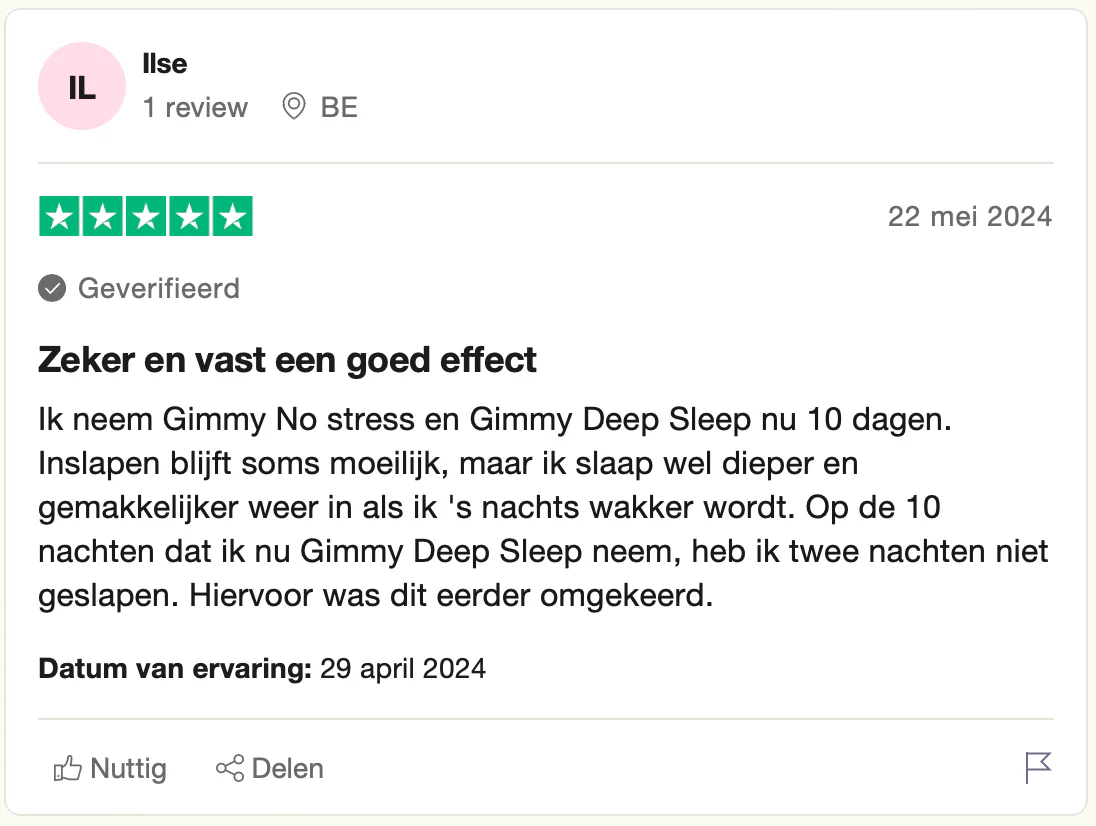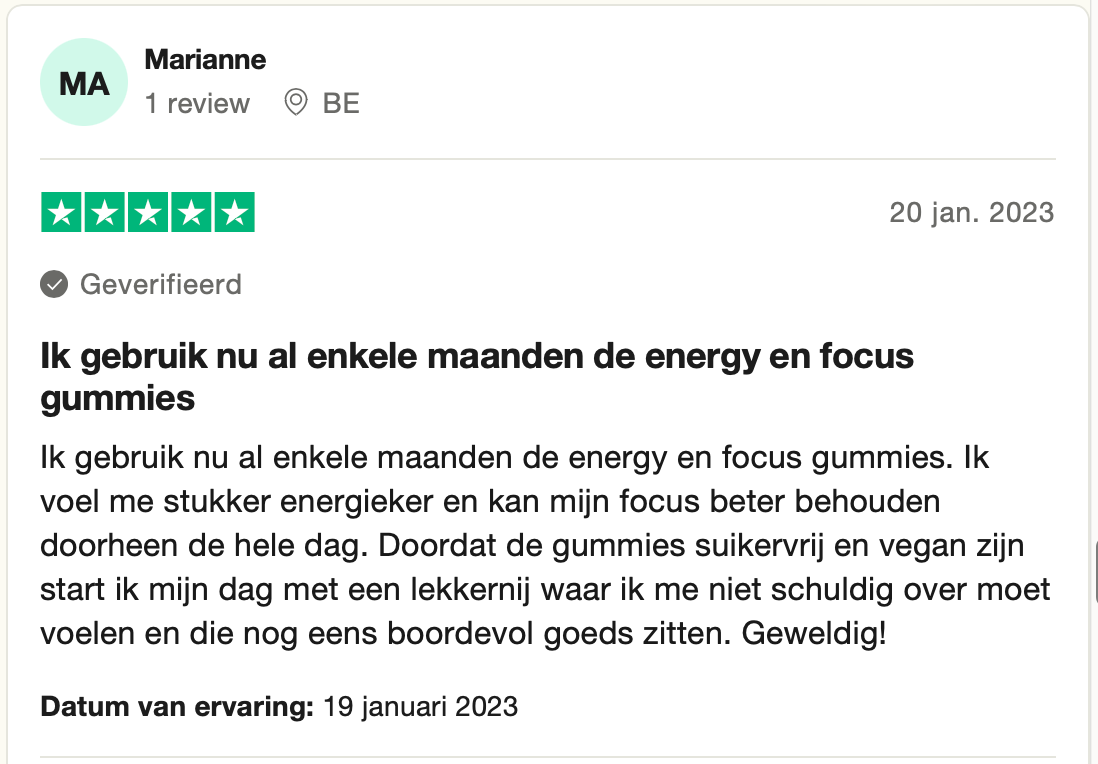The symptoms of fatigue
door Floris Biesemans op Feb 20, 2023
We are all tired from time to time, but how can we be 100% sure that we are tired? How does our fatigue really manifest itself? In this blog, you will undoubtedly recognize some common symptoms of fatigue, which we framed for you with scientific expertise.
How tired we are and what symptoms we exhibit depends on the time of day. That's why we looked for you to find out when we are most tired on average. In general, people experience the greatest fatigue during the early morning hours and late afternoon. This is due to the natural fluctuations of the body's circadian rhythm, which regulates the sleep-wake cycle.
During the early morning hours, about two hours before waking, the body reaches its lowest body temperature and melatonin levels, leading to feeling sleepy. This is also why people who wake up early often start to feel tired as early as around 9 p.m.
On the other hand, many people experience an "afternoon dip" in the late afternoon, around 2 to 4 p.m. During the day, our alertness and energy gradually decreases as we engage in more mental and physical activities. This can lead to fatigue and sleepiness in the late afternoon and early evening, especially if we have not slept enough or if we experience stress. This is often due to low blood sugar and the body's natural dip in energy levels at this time of day.
Do you still sometimes suffer from fatigue? Then read the blog "Fatigue, what can you do about being tired?".
The 10 most common symptoms
- Lack of energy: Fatigue is often associated with a lack of energy and feeling of exhaustion. This can be caused by several factors, including a disruption of sleep-wake rhythm, physical illness or psychological factors such as stress and depression.
- Drowsiness: This is another common symptom of fatigue. It can be caused by sleep-wake rhythm disruption, medication, certain medical conditions or psychological factors.
- Lethargy: This is a feeling of weakness and lack of motivation that often accompanies fatigue. This can be caused by both physical and psychological factors, including depression, sleep apnea, anemia and other medical conditions.
- Concentration problems: Fatigue can lead to a lack of concentration and mental clarity. This can affect the ability to perform tasks that require attention and focus.
- Muscle weakness: Fatigue can be accompanied by muscle weakness and a lack of physical energy. This can be caused by a number of factors, including physical inactivity, certain medical conditions and dehydration.
- Slower reaction time: Fatigue can slow down responsiveness, which can lead to an increased risk of accidents or making mistakes. For example, this can be dangerous when driving a car.
- Irritability: Fatigue can lead to increased irritability and short fuse. This can be caused by increased stress levels and lack of sleep.
- Being easily irritable: This is another symptom of irritability that often accompanies fatigue. It can be caused by both physical and psychological factors, including stress, anxiety and depression.
- Increased sensitivity to stress: Fatigue can lead to increased sensitivity to stress, making it harder to cope with stressful situations.
- Decreased performance: Fatigue can reduce performance at work or school, making it more difficult to perform tasks that require attention and focus
No energy in the morning
How tired we are and what symptoms we exhibit depends on the time of day. That's why we looked for you to find out when we are most tired on average. In general, people experience the greatest fatigue during the early morning hours and late afternoon. This is due to the natural fluctuations of the body's circadian rhythm, which regulates the sleep-wake cycle.
During the early morning hours, about two hours before waking, the body reaches its lowest body temperature and melatonin levels, leading to feeling sleepy. This is also why people who wake up early often start to feel tired as early as around 9 p.m.
On the other hand, many people experience an "afternoon dip" in the late afternoon, around 2 to 4 p.m. During the day, our alertness and energy gradually decreases as we engage in more mental and physical activities. This can lead to fatigue and sleepiness in the late afternoon and early evening, especially if we have not slept enough or if we experience stress. This is often due to low blood sugar and the body's natural dip in energy levels at this time of day.
Do you still sometimes suffer from fatigue? Then read the blog "Fatigue, what can you do about being tired?".

Onze tevreden klanten


























